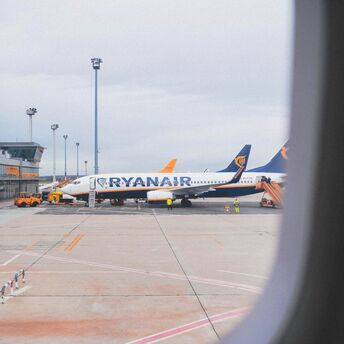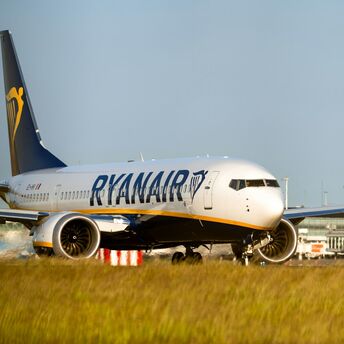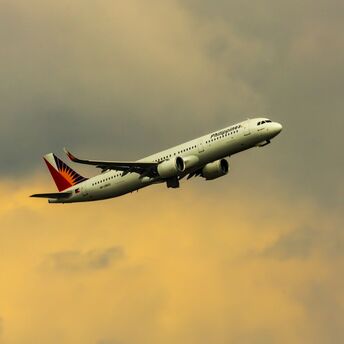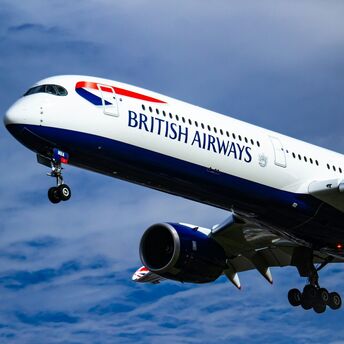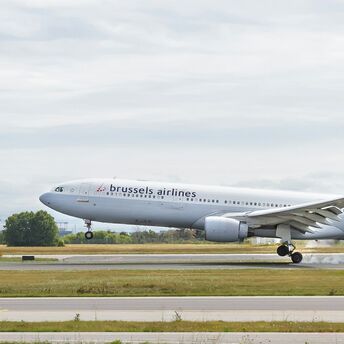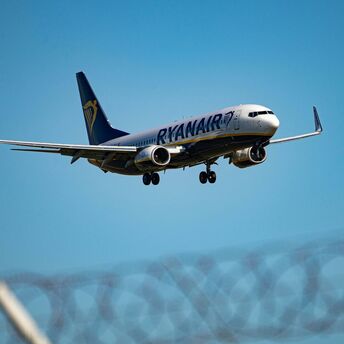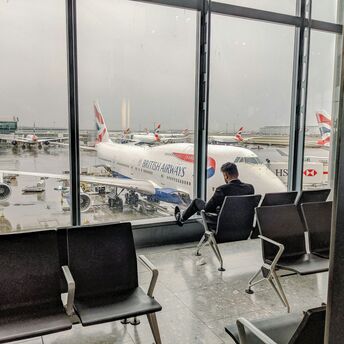EasyJet names 28 diseases because of which you may be banned from flying

The British airline EasyJet has reminded its passengers that there are conditions that may prevent them from boarding its aircraft.
Thus, EasyJet's guidelines state, "Your health and comfort on board are important to us. If you have recently been ill, you can read about some conditions you can and can not fly with below."
People with a serious infectious disease will not be able to travel. Passengers travelling with mild infectious diseases, including any of the following conditions, are allowed to fly by the guidelines below. Those who have undergone surgery may also fly with a doctor's note confirming their fitness to fly by the guidelines below.
28 diseases and conditions that will prevent you from flying:
- Rubella. Travel is allowed 4 days after the rash appears.
- Measles. Travel is allowed 7 days after the rash appears.
- Mumps. Travel is allowed when all swelling subsides (usually after 7 days).
- Chickenpox. Travel is allowed 7 days after the last new spot appears.
- Viral infections (for example, seasonal flu). Travel is allowed when the disease is no longer contagious.
- Heart surgery. Travel is allowed after 14 days.
- Angioplasty. Travel is allowed after 5 days.
- Abdominal surgery. Travel is allowed after 10 days.
- Chest surgery. Travel is allowed after 6 weeks.
- Removed tonsils. Travel is allowed after 14 days.
- Surgery of the middle ear. Travel is allowed after the ear cavity is dry and normally aerated (usually 14 days).
- Laser cataract/cornea surgery. Travel is allowed after 1 day.
- Heart attack. Travel is allowed after 7 days if it is minor or uncomplicated. In case of serious or complicated heart attacks, consult a doctor before the flight. A medical certificate confirming your fitness to fly is required.
- Stroke. Travel is allowed after 10 days. If you are travelling within 11 and 21 days after a stroke, a medical certificate confirming your fitness to fly is required.
- Pneumothorax. Travel is allowed when the chest is drained and the lungs are fully expanded (usually 14 days). You must travel with a travelling companion. A medical certificate confirming fitness to fly is required.
- Penetrating eye injury. Travel is allowed after 7 days.
- Angina pectoris. Travel is allowed only after a stable condition.
- Middle ear infection. Travel is allowed after the condition disappears (usually after 7 days).
- Sinusitis. Travel is allowed after the disease disappears (usually 7 days).
- Chronic anemia. Not allowed to fly.
- Epilepsy. Travel is allowed 24 hours after a major seizure.
- Lung diseases (chronic obstructive pulmonary disease; cystic fibrosis; bronchiectasis). Travel is allowed only if you provide a medical certificate confirming your fitness to fly. We recommend that you get medical advice to determine whether you will need oxygen during the flight.
- Pregnancy. You can travel up to the end of the 35th week (32nd week in case of multiple pregnancy) and you do not need to have a medical certificate. Complete all return trips no later than 32/35 weeks depending on the type of pregnancy.
- Severe infectious diseases such as tuberculosis, pneumonia, or severe respiratory infection. You will not be able to travel.
- Meningitis. You can travel only if you have a doctor's certificate of fitness to fly.
- Pandemic infections. EasyJet's rules state that anyone with any virus caused by a pandemic, such as SARS or H1N1 (swine flu), will not be able to travel unless they have a certificate confirming their fitness to fly from a doctor.




